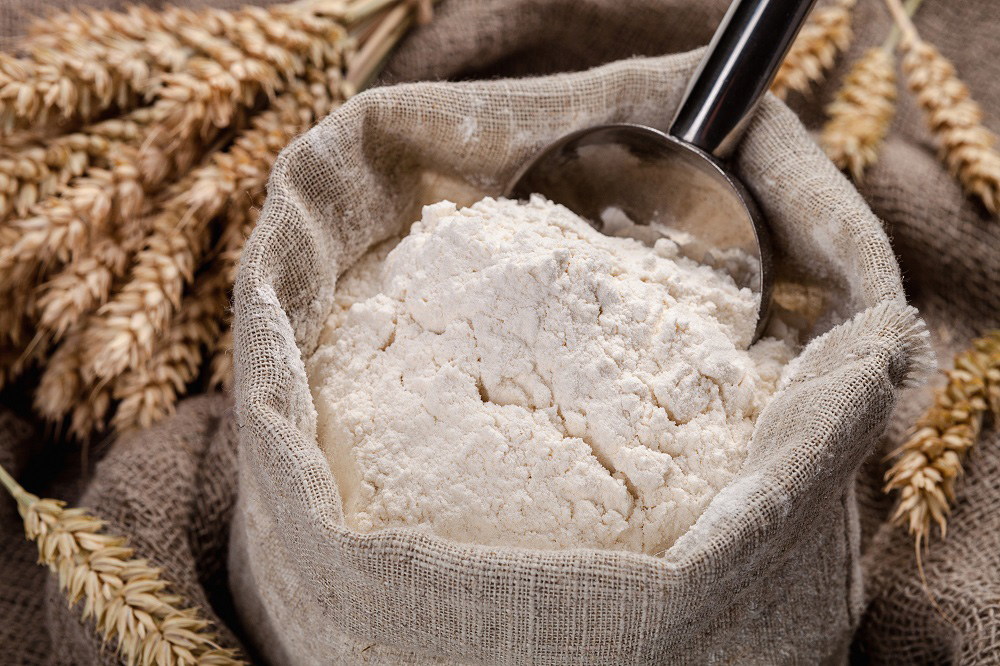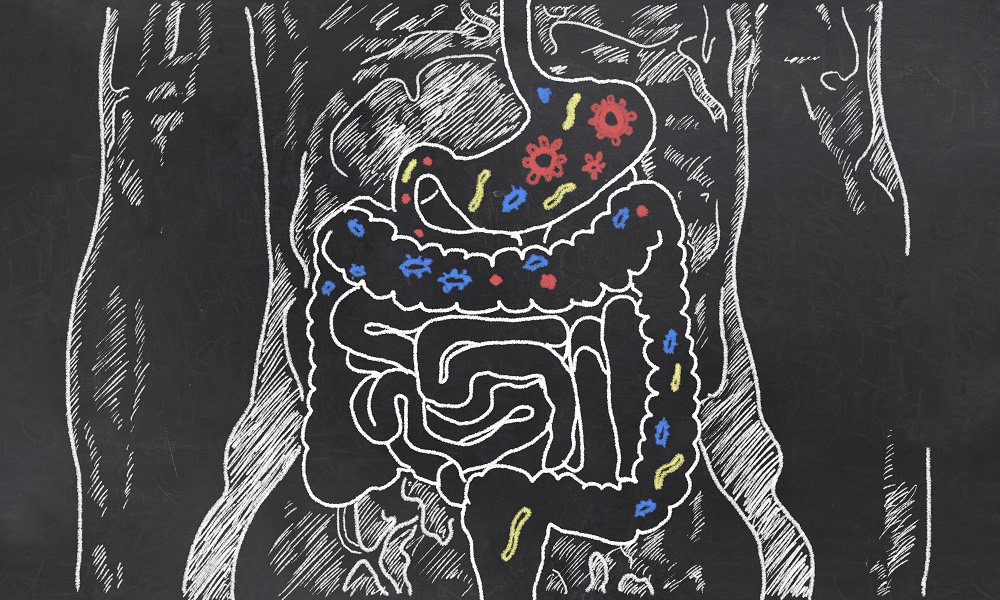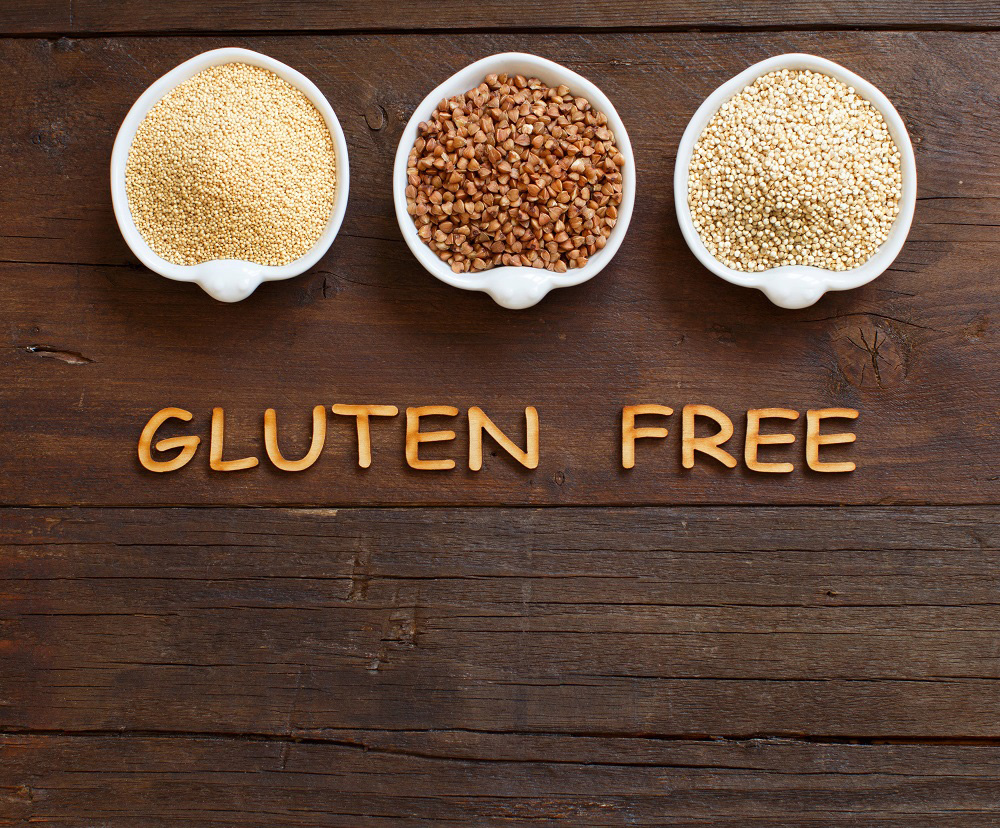Eating a gluten-free diet has soared in popularity in recent years, particularly among people with digestive issues as they recognize the gluten effects on body. Others believe that cutting out gluten helps manage medical concerns and contributes to a healthier diet. If you’re trying to decide whether to go gluten-free, check out the positive and negative effects of gluten.

What is gluten?
“Gluten” refers to proteins that are found in wheat, rye and barley. It acts as a glue to help food hold together and maintain its shape.
Typically, you’ll find gluten in bread, cereal, cookies, fried items and a variety of processed foods. Gluten can also be found in some surprising places, such as beer and soy sauce.

What are the gluten effects on body?
Pros
B vitamins: Fortified breads and cereals are a major source of B vitamins. Gluten-free flours usually aren’t fortified with these important nutrients, which help your heart, brain and red blood cells.
Protein: Gluten is a type of protein, so consuming gluten adds more of this nutrient to your diet. Wheat gluten flour, for example, has 23 grams of protein per quarter-cup.
Low-fat: Wheat gluten flour has only half a gram of fat per quarter-cup. Of course, other ingredients and add-ons can make the fat count of a food item climb.
Iron: Iron content can vary according to type of gluten, but wheat flour is fortified with this mineral to make up for the iron lost as wheat is refined to flour.
Cons
Celiac disease: If you have this autoimmune digestive disease, gluten can damage your small intestine and impact your body’s ability to absorb important nutrients. You may experience symptoms such as abdominal pain, bloating, diarrhea and anemia.
Gluten sensitivities: Even people who don’t have celiac disease may be sensitive to gluten.Individuals with gluten sensitivities may experience some of the same symptoms as those with celiac disease when exposed to this protein.
Other ailments: Some people believe that gluten can contribute to other ailments, including attention deficit hyperactivity disorder (ADHD), autism, headaches, depression, weight gain and more.

What are the benefits of eliminating gluten from your diet?
If a blood test or biopsy of the small intestine indicates that you have celiac disease, you should eliminate gluten from your diet entirely, as even a small amount can trigger symptoms. If you have a gluten sensitivity, you may be able to reduce your intake without cutting out gluten completely.
If you’re unsure whether your body reacts negatively to gluten, eliminate it from your diet to see if you notice any difference. While eating a gluten-free diet, you can still get the nutrients you need by choosing healthy alternatives and enjoying whole, unprocessed foods.

Does a gluten-free diet help with weight loss?
This type of diet may or may not help you lose weight, depending on what you eat beside gluten-based food items. For example, replacing grains that contain gluten with gluten-free varieties won’t have an effect on your weight. However, replacing some high-carbohydrate, high-calorie, gluten-containing foods such as bread or pasta with healthier, gluten-free alternatives such as fruits and vegetables may help you lose weight.
For more information about the effects of gluten on your body, contact BMI of Texas. Our nutrition team has two licensed registered dietitians as well as other experts who can offer advice on the type of eating plan that’s right for you.

